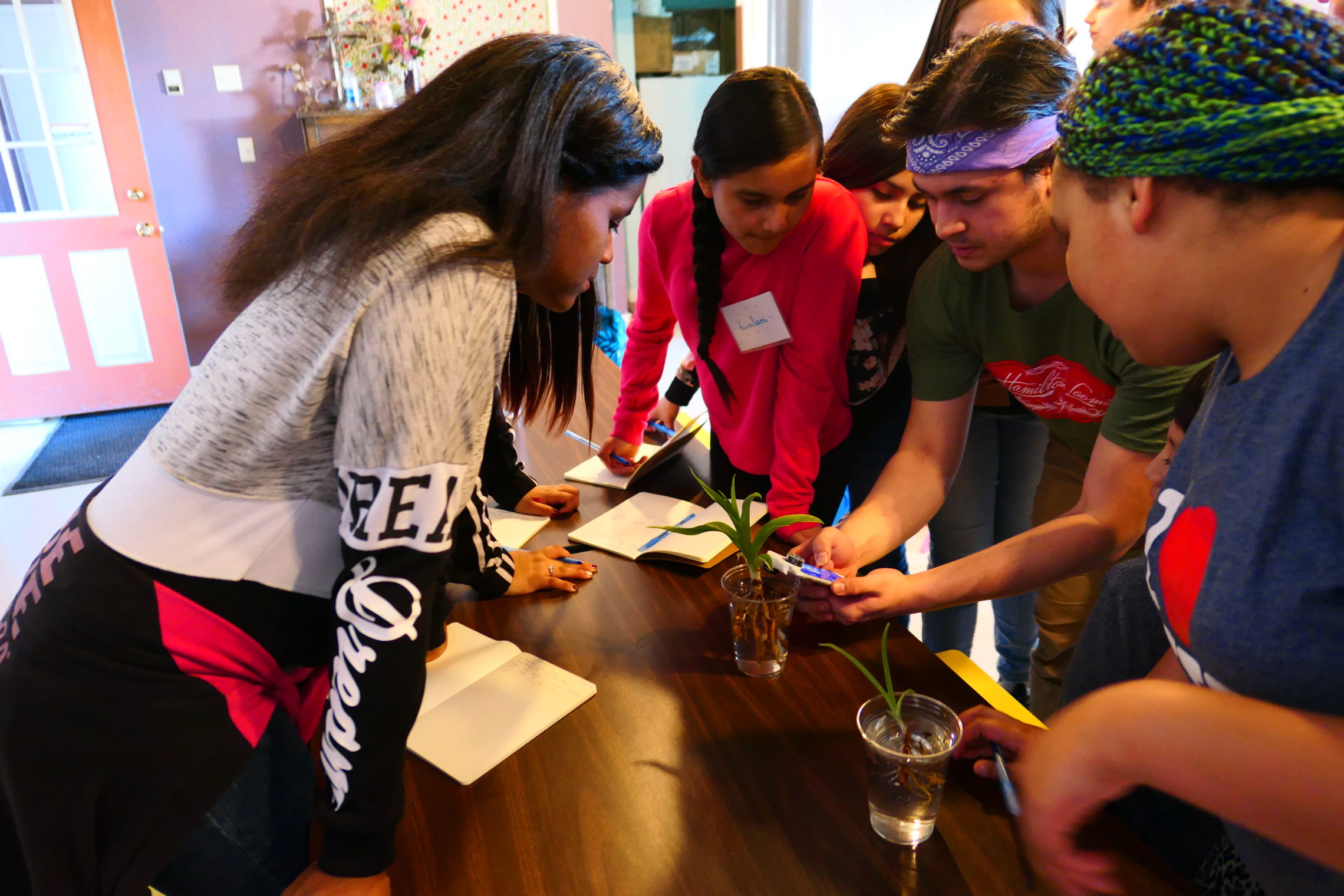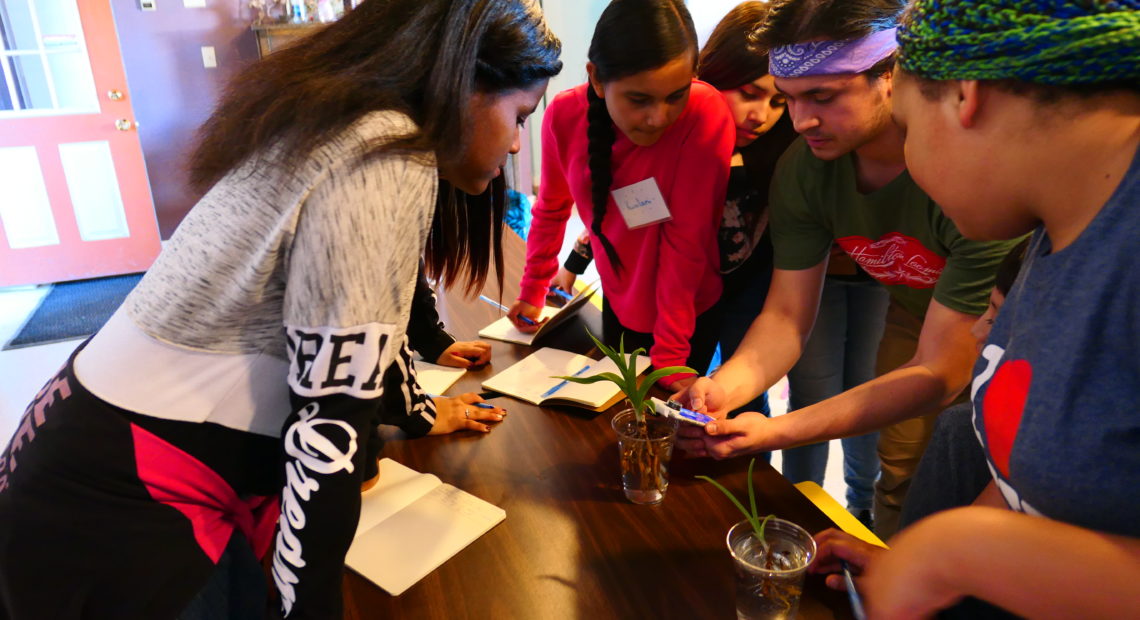
UW Spring Breakers Team Up With Rural And Tribal Schools For Student-Led Teaching
Spring break is in full swing for some students. This season, 80 students from the University of Washington skipped the beach and headed for more rural parts of the state.
It happened through the UW Pipeline Project, an alternative spring break program that connects university students to public schools around the state.
The schools are often tucked away in places like Omak and Brewster or on tribal lands like White Swan High School on the Yakama Nation.
Danah Kowdan is a senior at UW. She spent her spring break at Campbell Farm in Wapato, where she taught 6th graders about hydropower.
It was her first time visiting Central Washington.
“There’s a lot of cultural shock,” Kowdan said. “I just saw how underfunded and underrepresented these schools are. That’s very shocking to me because there’s very untapped potential there.”
Kowdan knows the power of education and equity firsthand. Her grandmother was illiterate, and she’s proud to come from a family of Somali immigrants.
“It’s a symbiotic relationship. They’re teaching me as much as I’m teaching them,” Kowdan said.
This year, the UW Pipeline Project connected 1,200 K through 12th grade students at 17 schools around the state. The project is also celebrating its 20th anniversary.
Correction: This story has been updated to correct the spelling of Danah Kowdan’s name.
Related Stories:
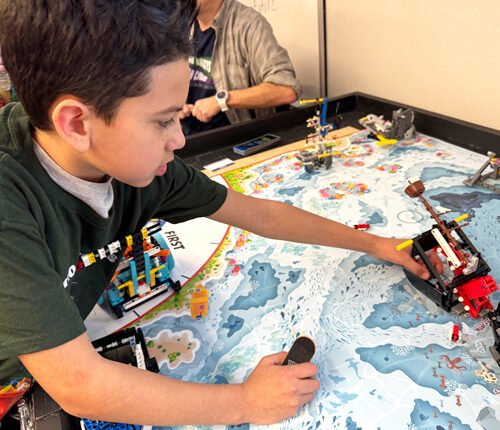
Richland Lego robotics team hopes state grants won’t be put on hold
Fourth grader Sergio Preciado shows off a Lego shipwreck he helped build and code with his FIRST Lego League team, called the Dino Nuggys. The program is mostly grant funded
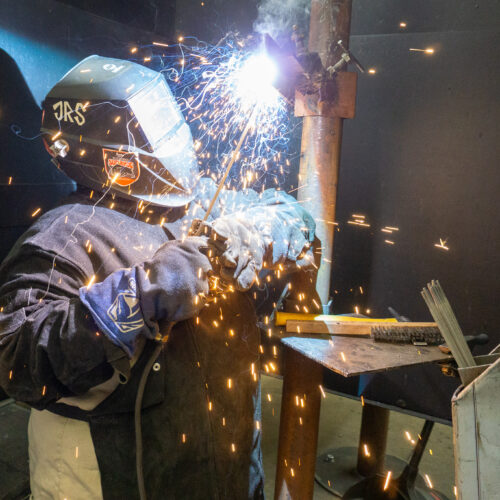
New Walla Walla scholarship aimed at women studying the trades
Jaquelin Sanchez, a welding student at Walla Walla Community College, is among those who can apply for a new scholarship for women in the trades. (Credit: Susan Shain / NWPB)
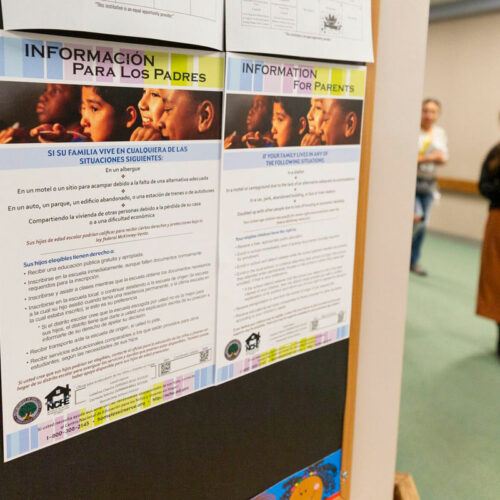
WA, local schools will not share student information with immigration enforcement
Information for parents is posted in the school lobby in both English and Spanish at Lewis and Clark Elementary School in Wenatchee. (Credit: Jacob Ford / Wenatchee World) Listen (Runtime

